Top 8 Health Benefits of Barley
In the American diet, barley is one of the most commonly consumed grains. This adaptable grain has a slightly chewy texture and a slightly nutty flavor that ... read more...complements a wide range of meals. It's also high in nutrients and has a long list of health benefits, including improved digestion, weight loss, lower cholesterol levels, and a healthier heart. The following are the most compelling evidence-based health advantages of barley.
-
Barley is high in vitamins, minerals, and other phytonutrients. It comes in a variety of forms, including hulled barley, barley grits, flakes, and flour. Except for pearl barley, which has been polished to remove some or all of the outer bran layer as well as the hull, almost all types of barley use the whole grain. When eaten whole, barley is an excellent source of fiber, molybdenum, manganese, and selenium. It is also high in copper, vitamin B1, chromium, phosphorus, magnesium, and niacin. Furthermore, barley contains lignans, a type of antioxidant related to a lower risk of cancer and heart disease.
However, barley, like all whole grains, contains antinutrients, which hinder digestion and nutrient absorption. To minimize the antinutrient content, soak or sprout the grain. These techniques of preparation increase the absorbability of barley's nutrients. Soaking and sprouting have the potential to boost vitamin, mineral, protein, and antioxidant levels. Furthermore, sprouted barley flour can be used in baking.
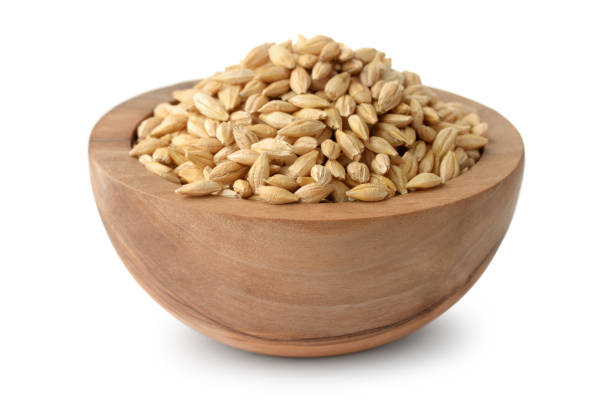
Rich in Many Beneficial Nutrients 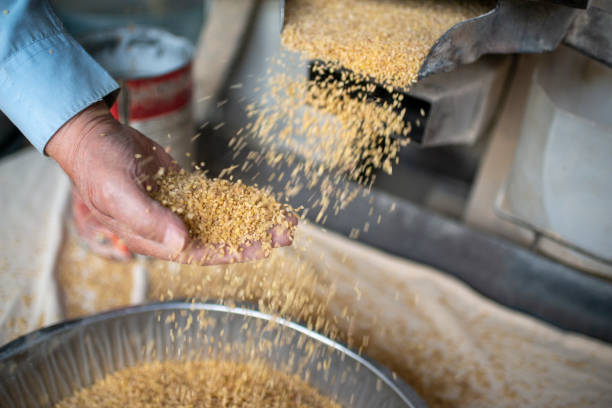
Rich in Many Beneficial Nutrients -
Barley may suppress hunger and increase feelings of fullness, both of which may result in weight loss over time. Barley's high fiber content helps to reduce appetite. Beta-glucan, a soluble fiber, is very beneficial. This is because soluble fibers, such as beta-glucan, tend to form a gel-like substance in your stomach, slowing digestion and nutrient absorption. As a result, your hunger is reduced and you feel fuller.
According to a study of 44 studies, soluble fibers like beta-glucan are the most efficient type of fiber for lowering appetite and food consumption. Furthermore, soluble fiber may target abdominal fat linked to metabolic disorders.
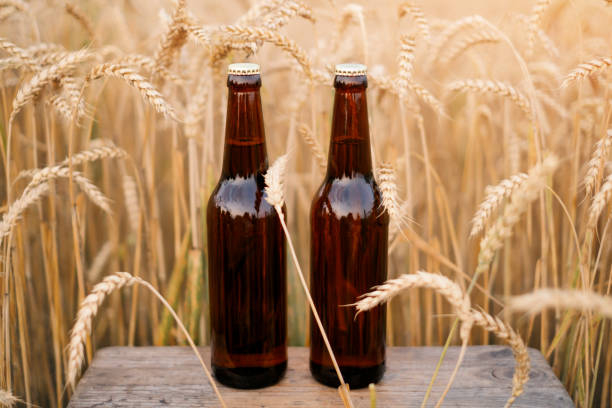
May Help You Lose Weight 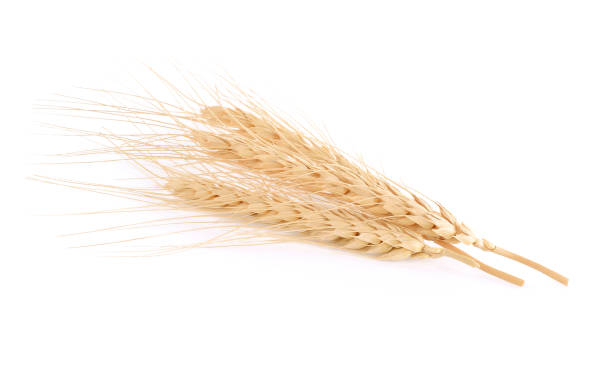
May Help You Lose Weight -
Barley can improve gut health. Once again, its high fiber content is at blame – specifically, its insoluble fiber. The majority of the fiber in barley is insoluble, which means it does not dissolve in water, unlike soluble fiber. Instead, it bulks up your stool and speeds up intestinal transit, lowering your chances of constipation. Eating more barley improved bowel function and increased stool output in a four-week study of adult women.
On the other hand, the soluble fiber content of barley feeds friendly gut bacteria, which make short-chain fatty acids (SCFAs). SCFAs have been shown in studies to help nourish gut cells, lowering inflammation and alleviating symptoms of gut illnesses such as IBS, Crohn's disease, and ulcerative colitis.
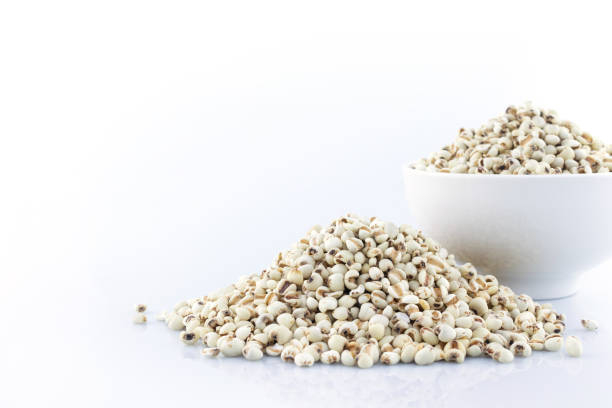
Insoluble and Soluble Fiber Content Improves Digestion 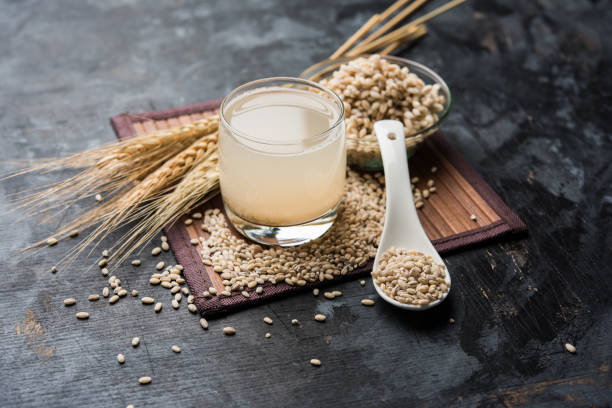
Insoluble and Soluble Fiber Content Improves Digestion -
The high fiber content of barley may also help avoid gallstones. Gallstones are solid particles that form on their own in the gallbladder, a tiny organ found beneath the liver. Bile acids are produced by the gallbladder and are used by the body to break down fat. Gallstones do not usually create any symptoms. Large gallstones, on the other hand, can occasionally become lodged in a duct of your gallbladder, producing excruciating discomfort. In such circumstances, the gallbladder is frequently removed surgically. The insoluble fiber present in barley may help prevent gallstone formation and lessen the likelihood of gallbladder surgery.
In one 16-year observational research, women who consumed the most fiber were 13% less likely to develop gallstones than necessitated gallbladder resection. This benefit appears to be dose-dependent, as every 5-gram increase in insoluble fiber consumption reduced the risk of gallstones by roughly 10%. In another study, obese people were randomly assigned to one of two quick weight loss diets, one high in fiber and the other high in protein. Rapid weight reduction can raise the risk of gallstone formation. After five weeks, those on the fiber-rich diet were three times more likely than those on the protein-rich diet to have healthy gallbladders.
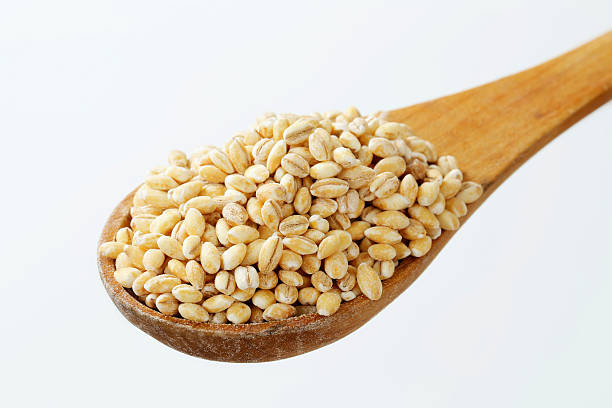
Reduce Your Risk of Gallbladder Surgery 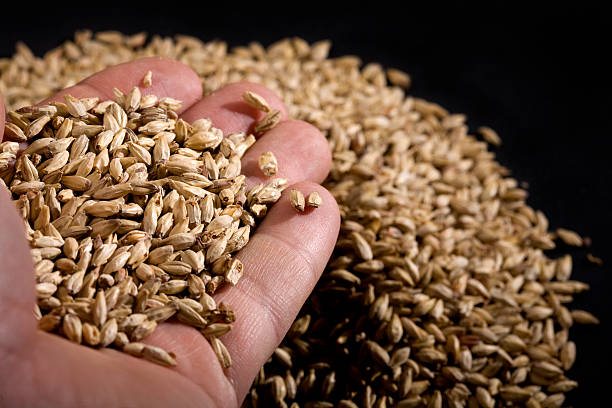
Reduce Your Risk of Gallbladder Surgery -
Barley may also help to decrease your cholesterol. Barley beta-glucans have been demonstrated to lower "bad" LDL cholesterol through binding to bile acids. Your body excretes these bile acids, which are produced by your liver from cholesterol. Your liver must then use up more cholesterol in order to produce new bile acids, decreasing the amount of cholesterol in your blood. Men with elevated cholesterol were put on a diet high in whole wheat, brown rice, or barley in one short research. After five weeks, those who consumed barley reduced their cholesterol levels by 7% more than those who consumed the other two diets.
Furthermore, the barley group had the highest increase in "good" HDL cholesterol and lowest triglyceride levels. A recent study of 14 randomized control studies — the gold standard in scientific research — discovered similar findings. According to the lab, animal, and human research, the SCFAs created when healthy gut bacteria feed on soluble fiber may also help inhibit cholesterol synthesis, lowering cholesterol levels even further.
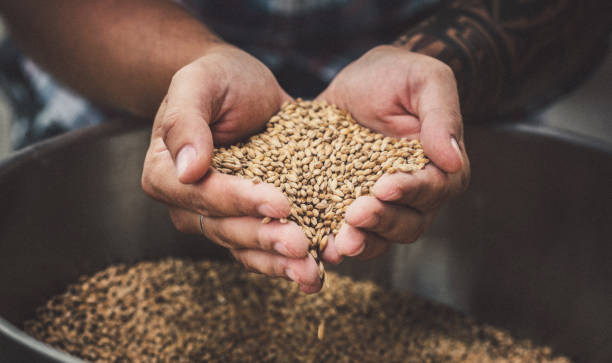
May Help Lower Cholesterol 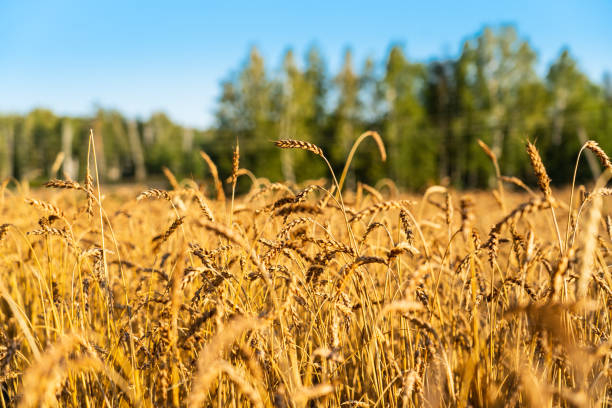
May Help Lower Cholesterol -
Whole grains have consistently been linked to improved heart health. As a result, it should come as no surprise that including barley in your diet on a regular basis may reduce your risk of heart disease. This is due to the fact that barley may lower some risk factors – in addition to lowering "bad" LDL cholesterol levels, barley's soluble fiber may lower blood pressure levels.
In fact, a recent evaluation of randomized control trials discovered that an average daily intake of 8.7 grams of soluble fiber may be associated with a small 0.3-1.6 mmHg drop in blood pressure. High blood pressure and LDL cholesterol levels are both known risk factors for heart disease. As a result, lowering them may safeguard your heart.
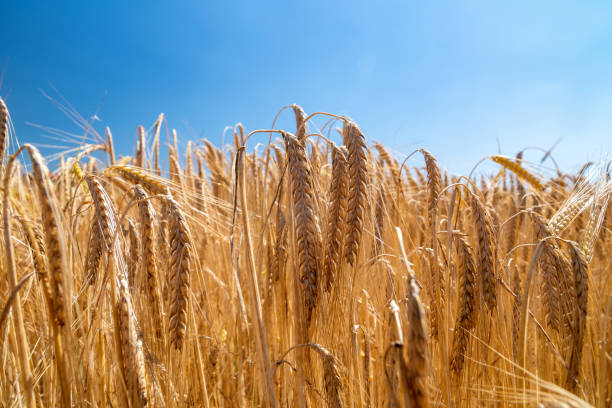
Reduce Heart Disease Risk 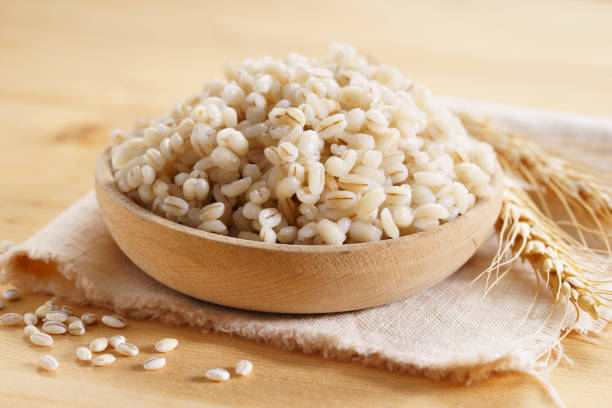
Reduce Heart Disease Risk -
By reducing blood sugar levels and boosting insulin secretion, barley may minimize your risk of type 2 diabetes. This is due in part to barley's high magnesium level, a mineral that is essential for insulin synthesis and sugar use in the body. Barley is also rich in soluble fiber, which binds with water and other molecules as it moves through your digestive tract, slowing down the absorption of sugar into your bloodstream.
According to research, a breakfast of barley has a lower maximum rise in blood sugar and insulin levels than a breakfast of other whole grains, such as oats. In another study, people with low fasting glucose were given either oatmeal or barley flakes every day. Fasting blood sugar and insulin levels were reduced by 9-13% greater for individuals who ate barley after three months.
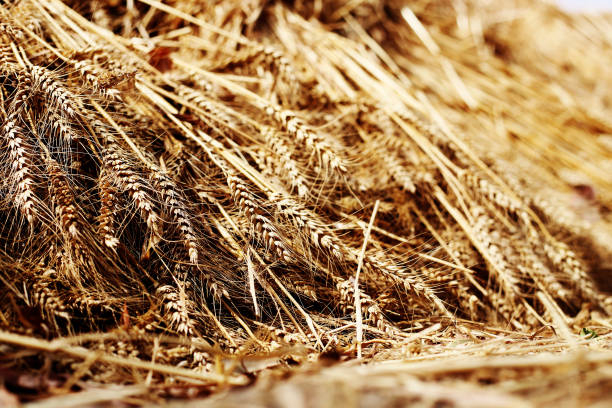
May Protect Against Diabetes 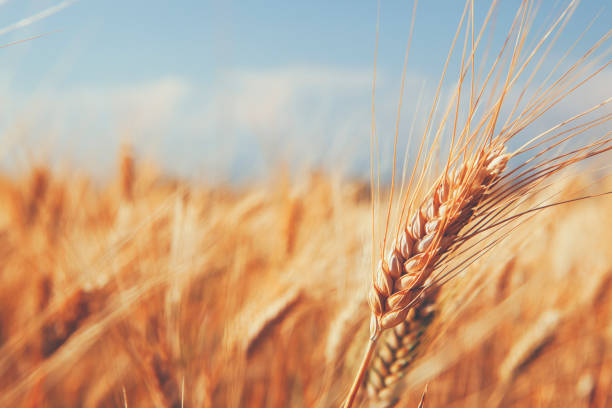
May Protect Against Diabetes -
A diet high in whole grains has been associated with a lower risk of several chronic diseases, including certain malignancies, particularly colon cancer. Again, the high fiber content of barley is important.
Its insoluble fiber notably helps lessen the amount of time food takes to clear your stomach, which looks to be very beneficial against colon cancer. Furthermore, soluble fiber may bind to carcinogens in your gut, eliminating them from your system. Other components contained in barley, such as antioxidants, phytic acid, phenolic acids, and saponins, may help to prevent or slow the progression of cancer. However, further human investigations are required before firm conclusions can be formed.
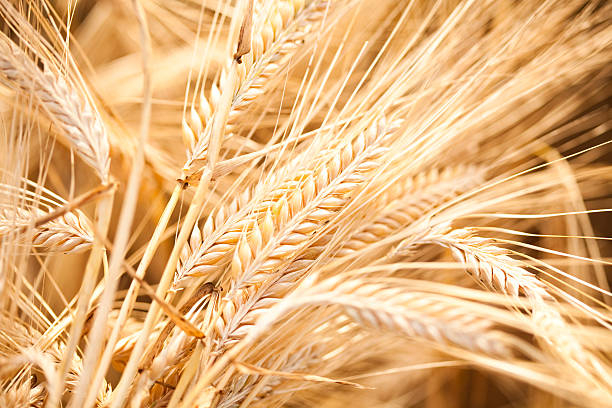
Help Prevent Colon Cancer 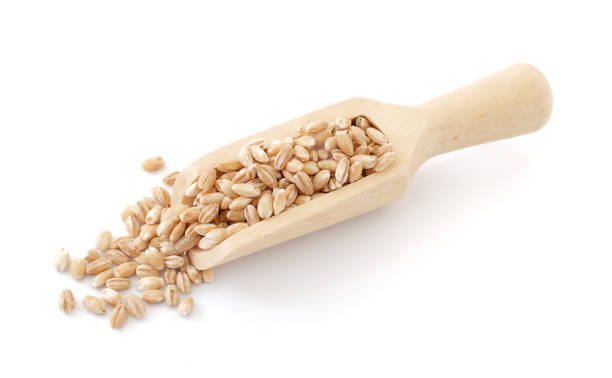
Help Prevent Colon Cancer





























